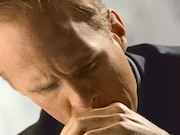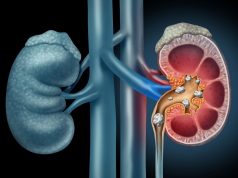Women report more adverse effects after SH than men, but SH can trigger depression, anxiety in men
TUESDAY, Nov. 21, 2017 (HealthDay News) — Sexual harassment (SH) is a continuing occupational health problem, according to a report published recently in the Journal of Occupational Health Psychology.
James Campbell Quick, Ph.D., and M. Ann McFadyen, Ph.D., from the University of Texas at Arlington, discuss SH in the workplace and examine whether progress has been made toward reducing the burden of SH.
The researchers note that there was a 28 percent decrease in SH complaints over two decades. However, there has been an increase in complaints by males. Evidence exists that coworkers, subordinates, customers, and clients harass, as well as superiors, and women who violate traditional feminine ideals are also targets of harassment. Women tend to report more adverse effects after SH than men, including negative mood, eating disorders, drug and alcohol abuse, work turnover intentions, long-term anxiety, job stress, and/or burnout. Men who experience SH do not find the experience as anxiety provoking, although one study indicated that SH results in depression and anxiety for men. The lesbian, gay, bisexual, queer, and transgender workforce is more likely to face gender and sexual orientation SH than gender SH alone. Laws and company policies, together with training on these laws and policies, have been used to combat SH in the workplace.
“There has been progress on some fronts but not on others and the problem has morphed, becoming more complicated for a variety of reasons,” the authors write.
Copyright © 2017 HealthDay. All rights reserved.








